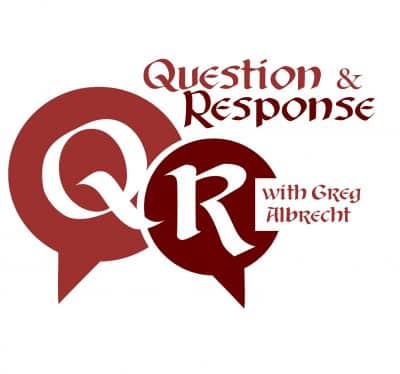Moralism, Cheap Grace vs Cruciform Love – Bradley Jersak

What is Moralism?
Moralism is NOT merely the desire to live a moral life.
Moralism is a compulsion to justify oneself and to judge others.
Moralism replaces living faith and a desire for God with an emphasis on who is included in or excluded from one’s in-group. It prohibits and requires behaviors based on the moral judgments of my religious community or ideological brand.
Moralism often pits holiness against love, pretending that an ethic shaped by love, mercy and grace compromises holiness, truth and justice. However, Jesus taught no such division. He described being “perfect as your heavenly Father is perfect” as radical kindness, mercy and indiscriminate hospitality to the righteous and wicked alike, without partiality.
‘Cheap Grace’ and Moralism
Dietrich Bonhoeffer defined “cheap grace” as “grace without discipleship, grace without the cross, grace without Jesus Christ.” And contrary to what we might expect, cheap grace is as likely to lead to moralism as it is to immorality. Why? Without experiencing our inclusion in the work of Christ, which happens as we follow the path of his grace-filled life, we need to contrive our own path to righteousness (i.e., self-righteousness), whether through religious rigor or ideological zeal. That’s moralism. And again, intrinsic to self-righteousness is an imposition of one’s moralizing judgments on others.
The ‘gospel’ or Jesus Way is our corrective. The Love revealed through Jesus’ gospel is never cheap grace and is always cruciform—it is self-giving, radically forgiving, and scandalously gracious. His revelation of divine love thus defines holiness in gospel terms rather than cheap moralisms. His grace IS the holy morality of unfailing love.










 Plain Truth Ministries | Box 300 | Pasadena, CA 91129-0300
Plain Truth Ministries | Box 300 | Pasadena, CA 91129-0300

